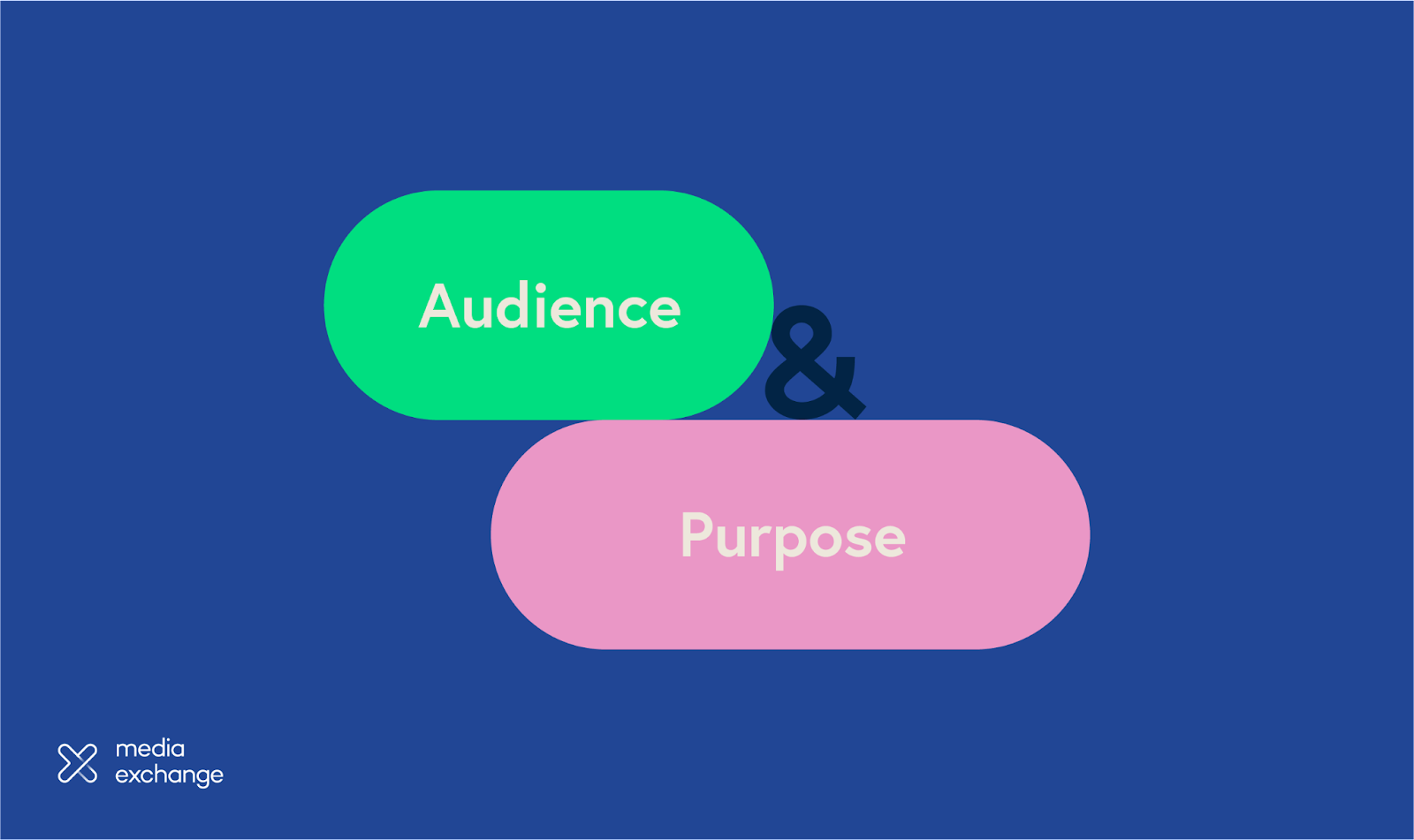If there’s anything that really epitomises the idea of mixed feelings for me, it’s writing on the internet.
On the one hand, it’s incredibly accessible. Anyone with a connected device has a way to do it really, whether it’s on social media, a blog or in various forums. The only other thing you need is an opinion, which internet users all tend to have.
But just because it’s easy to get your words out there doesn’t mean it’s easy to get them seen.
To write online in a way that gets through to viewers, you can’t just write for people — you also have to write for search engines. This means understanding ranking signals, keywords, backlinks and many more technical aspects of web pages and content. That’s a lot of factors outside of just writing. And as a fan of crafting the right words, having to temper my natural inclinations with an eye towards ranking in search results can be tough at times.
Like I said: mixed feelings.
But to help you try and navigate the tricky balance, here are the key things you need to know about SEO article writing, and a couple tips to help you get it right.
What are they looking for?
Writing, in any form, should be underpinned by two main ideas: Audience and Purpose. Whether it’s a keyword-optimised blog post, novel, magazine article, cover letter or even a social media caption that you’re writing, it all needs to be driven by an understanding of who it is intended for, and why.
When you tie this in with SEO, you’re left with the concept of ‘Search Intent’: the reason behind a user’s search query, and what they are looking for. Search intent typically comes down to one of these main reasons:
- To find information on a topic of interest;
- To research a product or service, or make a purchase; and
- To reach a specific website or page already known.
Understanding search intent is fundamental to good SEO copywriting, because it underpins basically everything you’re doing, from early preparation all the way through to publication.

To get a sense of what to write and who for, the typical first stage of content development is research, including examining the keywords used most often in the search bar and the content that others are writing about online. Here, we use the tool Ahrefs to do the bulk of our keyword and content research, but there are plenty of free tools you can use like Google Trends, Keyword Generator, Answer the Public, and QuestionDB. These tools can help you generate a list of keywords to help provide a focus for your content and guide your writing.
If you’re a writer without much experience of SEO though, this can feel pretty overwhelming, and even a bit… restrictive. That’s how I felt.
But take a breath! You won’t have to compromise on your writing quality.
Something to read
Thankfully, search engine algorithms are a lot more intelligent than they have ever been. Because of this, you don’t have to use the exact keyword or phrase that you found in your research to rank for it.
That means the difference between having to try and fit “coffee roaster south melbourne” in your copy, and naturally placing “coffee roaster in South Melbourne.” Google now knows that those both mean the same thing for users.
That might not seem massive on its face. You might think that it doesn’t matter whether you are perfectly correct in your grammar and phrasing — and trust me, I don’t always think it does either — but the thing about readers is that they want to read without any disruption to their focus. They know that both of the above example phrases mean the same thing, but one of them is obviously missing a word.
Readers will notice that. Even if it isn’t conscious. Even if they can’t exactly identify what was wrong about it, they’ll know something was wrong.
And that will disrupt them.
That’s why strictly following keywords isn’t always best practice, because those phrases often lack prepositions and other helpful linkages, making them read disjointed. Think of it this way: if you used keywords exactly as they are, people might navigate to your site but they wouldn’t understand anything. It would be disjointed, difficult, and nearly unintelligible, and they would in all likelihood find another spot on the internet that doesn’t create this feeling, even if that page uses less keywords.
Ill-fitting keywords might be better served as H1s and subheaders, rather than forced into body copy. In these spots, their lack of proper grammar is less important and disruptive, as they’re just providing a quick indication of what’s to follow.
Quality of content wins out over keywords every single time.
Making it clear
But just because a piece of content is well-written doesn’t immediately mean it’s good — at least, not in terms of overall interest to readers. This is when we get down to the final stage, and often the hardest process for writers: editing.
Editing is more than a grammar and spelling check. It comes down to clarity, structure, paragraph length, and — most importantly — removing unnecessary content.
Don’t skip on the grammar and spelling, obviously. I said earlier I don’t think grammar has to be absolutely perfect all the time, and I believe that. But it has to make sense. Spelling, on the other hnad…
Spelling’s different. Make sure it’s right.
But beyond that, you want to ensure that your piece reads well from start to finish. When I write blogs, I jump around and make notes in different sections, but when I go to edit, I often find spots that sound repetitive or awkward because of that. Editing your piece holistically will prevent these spots from ending up in front of your readers.
Check whether your piece is presented in a logical order. Does the content flow from one point to another in a natural way, or does it feel like you’re bouncing around in directions that only feel vaguely linked?
And once you’ve done every single one of these things, you have to do the hardest part of editing:

After research, writing and editing, you’re much too close to your piece. Ask someone else to take a look and to provide their feedback. It might feel very difficult, particularly for writers who are early in their careers. I still don’t like doing it, but it will elevate the quality of your work.
Where are my readers?!
After publishing, when your content isn’t getting the results you want and you start to question whether you’ve wasted all your time — because trust me, you will at some point — here’s a list of other important things to consider before panicking.
Or after panicking, probably.
- Promote it on social media: Your content is good, don’t get down on yourself. But it won’t always reach people without a little push. Posting about it on your personal social media accounts or through your business’ account can help generate some views. Encourage people to comment and provide their own opinions too!
- Start reaching out for backlinks: If you truly believe your content is providing value, reach out to other writers or websites that could benefit from linking to your piece! It’s daunting, difficult, and often won’t go anywhere. But when it does, it can provide a huge boost to your website traffic and reputation.
- Work on your title tag and meta description: I’ll be honest: I always forget to do this one (sorry, SEO specialists). But I always come back and do it after I get reminded. Optimising these can help your blog post get found by Google’s crawlers and also entice readers to click when they see it — win-win!
- Prioritise readability: UX might not be the first thing people think of when it comes to SEO, but with the amount of time people spend on the internet, it’s become vital. Users won’t spend time on sites that have difficult-to-read content or poor navigability because — given the sheer size of the internet — they know they can find a better experience elsewhere.
It might feel like a kick to your pride that your content hasn’t stood on its own two feet straight away, but it’s more about how the internet and search engines work than about you. These extra techniques can give just the lift your piece needs to get through to people.
Final tip: just start
The best way to start bringing these skills into your own SEO blog writing is to keep practising them every time you’re drafting content. It’s an obvious answer, but it’s obvious for a reason: it works.
Practice won’t always make perfect necessarily, especially with writing. But it will continually make you better and help you produce more relevant content. At the end of the day, that’s the goal of writing on the internet: connecting good content with the right audience. But you can only start measuring your success once you’ve published something.
So what are you still doing here? Go. Write!












